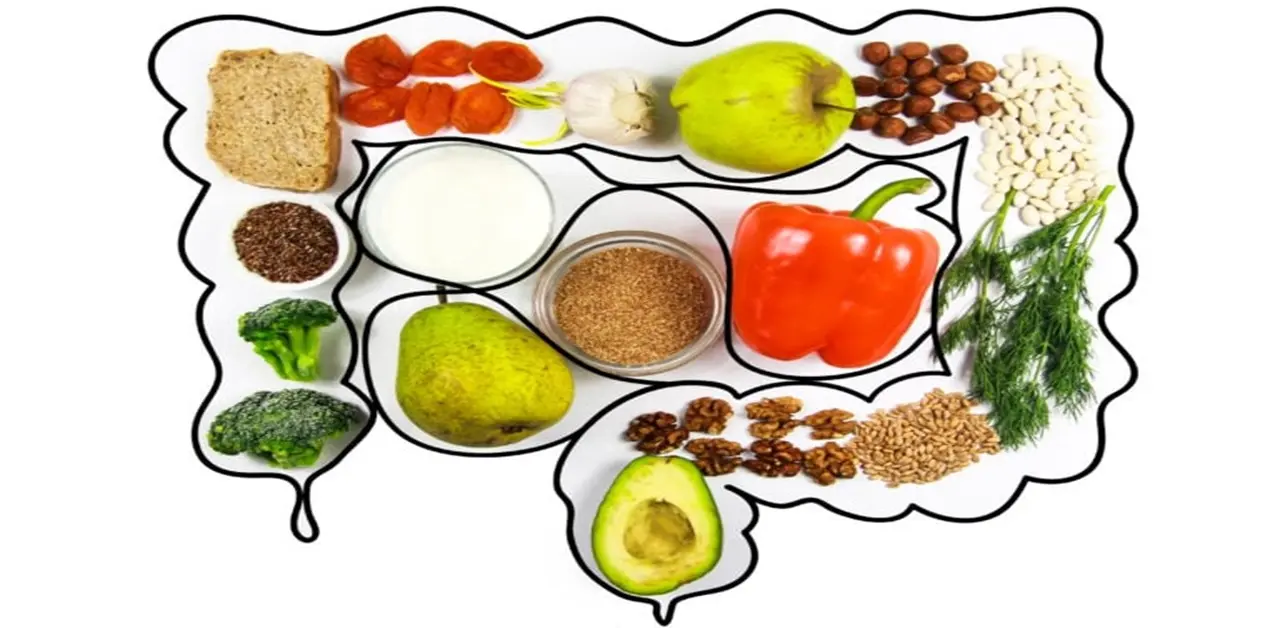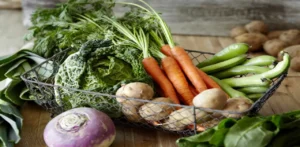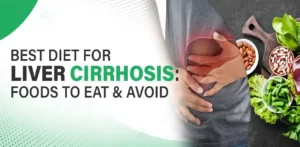Contents
Irritable Bowel Syndrome (IBS) is a common gastrointestinal disorder that affects millions of people worldwide. Characterized by symptoms such as abdominal pain, bloating, gas, diarrhea, and constipation, IBS can significantly impact the quality of life. While there is no cure for IBS, dietary modifications can help manage symptoms and improve overall well-being. This blog will explore IBS diet recommendations, foods to avoid, nutrition for IBS flare-ups, and IBS-friendly meal ideas.
Understanding IBS and Its Symptoms
IBS is a chronic condition that affects the large intestine. Its exact cause is unknown, but factors such as abnormal muscle contractions in the intestine, severe infections, and changes in gut bacteria can contribute to its development. The symptoms of IBS vary from person to person and can range from mild to severe. Common symptoms include:
- Abdominal pain or cramping
- Bloating and gas
- Diarrhea or constipation (or both)
- Mucus in the stool
- Fatigue and difficulty sleeping
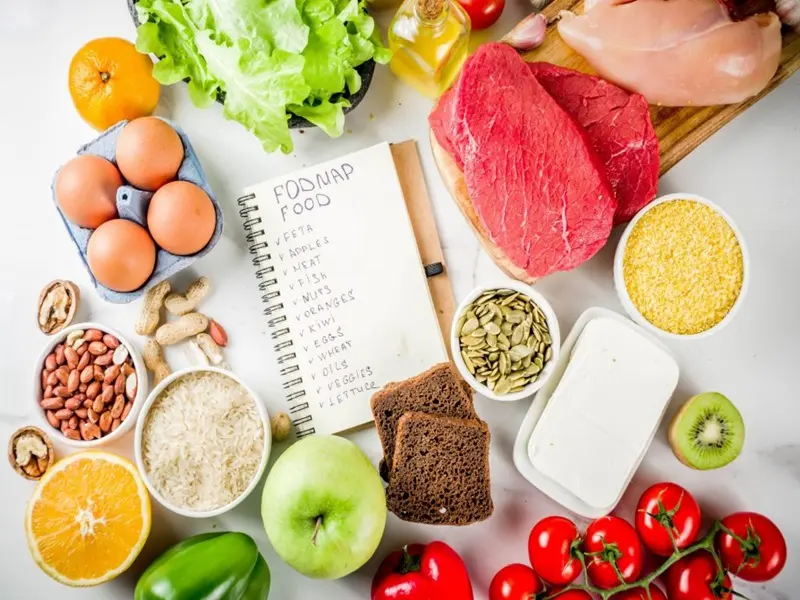
IBS Diet Recommendations
Diet plays a crucial role in managing IBS symptoms. An IBS-friendly diet focuses on minimizing foods that trigger symptoms while including those that promote gut health. Here are some general diet recommendations for individuals with IBS:
- High-Fiber Foods: Fiber can help regulate bowel movements. Soluble fiber, found in foods like oats, peas, beans, apples, and citrus fruits, is particularly beneficial for IBS. However, insoluble fiber, found in whole grains and vegetables, may exacerbate symptoms for some people.
- Low-FODMAP Diet: FODMAPs (Fermentable Oligo-, Di-, Mono-saccharides And Polyols) are short-chain carbohydrates that are poorly absorbed in the small intestine. A low-FODMAP diet can help reduce symptoms in many IBS sufferers. Foods high in FODMAPs include certain fruits (apples, pears), vegetables (onions, garlic), dairy products, and sweeteners.
- Hydration: Drinking plenty of water is essential for digestive health. It helps soften stool and prevent constipation.
- Small, Frequent Meals: Eating smaller meals more frequently can help reduce the workload on the digestive system and prevent symptoms.
- Avoid Trigger Foods: Identify and avoid foods that trigger your symptoms. Common triggers include caffeine, alcohol, fatty foods, and artificial sweeteners.
Also Read: “The Best Foods to Eat and Avoid for Inflammatory Bowel Disease”
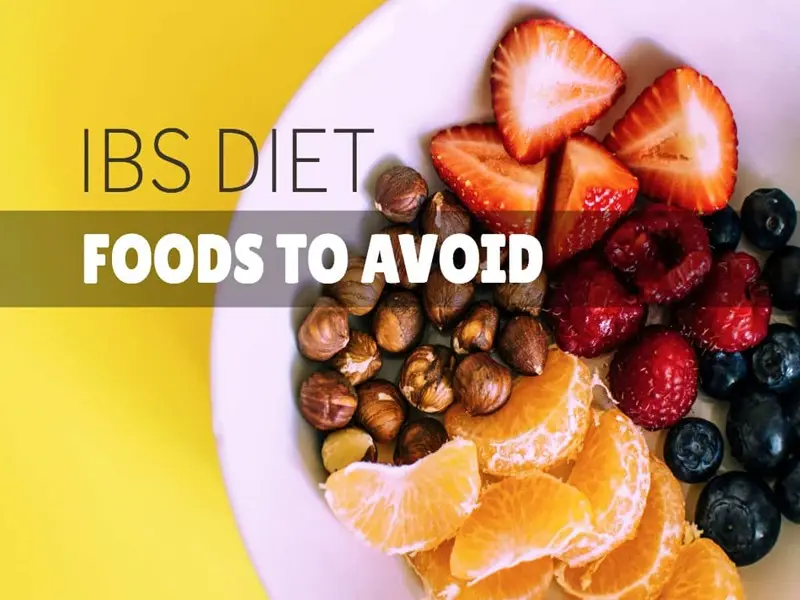
Foods to Avoid with IBS
Certain foods are known to trigger IBS symptoms and should be avoided or consumed in moderation:
- Dairy Products: Lactose intolerance is common in people with IBS. Consider lactose-free alternatives or lactase supplements.
- Gluten: Some individuals with IBS are sensitive to gluten. Opt for gluten-free grains like rice, quinoa, and corn.
- Fried and Fatty Foods: These can slow down digestion and exacerbate symptoms. Choose grilled or baked options instead.
- Gas-Producing Foods: Foods such as beans, lentils, carbonated beverages, and certain vegetables (broccoli, cauliflower) can cause gas and bloating.
- Artificial Sweeteners: Sorbitol, mannitol, and other sugar alcohols can trigger symptoms. Read labels carefully and avoid these sweeteners.
Nutrition for IBS Flare-Up
During an IBS flare-up, it’s crucial to consume foods that are gentle on the digestive system. Here are some tips for managing nutrition during a flare-up:
- Stick to Low-FODMAP Foods: Focus on low-FODMAP fruits and vegetables, lean proteins, and lactose-free dairy products.
- Avoid High-Fat Foods: Fatty foods can worsen symptoms during a flare-up. Opt for low-fat cooking methods like steaming and grilling.
- Stay Hydrated: Drink plenty of water and avoid caffeine and alcohol, which can dehydrate you and worsen symptoms.
- Eat Easy-to-Digest Foods: Choose foods that are easy on the stomach, such as bananas, rice, applesauce, and toast (BRAT diet).

IBS-Friendly Meals and Recipes
Creating IBS-friendly meals involves selecting ingredients that are gentle on the digestive system while providing essential nutrients. Here are some meal ideas and recipes to help you manage IBS:
- Breakfast:
- Oatmeal with Bananas and Blueberries: Cook oats with water or lactose-free milk. Top with sliced bananas and a handful of blueberries.
- Scrambled Eggs with Spinach: Scramble eggs with fresh spinach and serve with gluten-free toast.
- Lunch:
- Grilled Chicken Salad: Combine grilled chicken breast with mixed greens, cucumber, and a drizzle of olive oil and lemon juice.
- Quinoa and Vegetable Stir-Fry: Sauté quinoa with low-FODMAP vegetables like bell peppers, carrots, and zucchini.
- Dinner:
- Baked Salmon with Quinoa: Season salmon with herbs and bake. Serve with quinoa and steamed green beans.
- Rice Noodles with Shrimp and Vegetables: Cook rice noodles and toss with sautéed shrimp, bok choy, and carrots.
- Snacks:
- Rice Cakes with Almond Butter: Spread almond butter on rice cakes for a quick, IBS-friendly snack.
- Lactose-Free Yogurt with Strawberries: Enjoy lactose-free yogurt topped with fresh strawberries.
Diet for IBS Management
Long-term management of IBS involves maintaining a balanced diet that supports gut health. Here are some additional tips for managing IBS through diet:
- Probiotics: Incorporate probiotic-rich foods like kefir, sauerkraut, and yogurt to support gut health. Probiotic supplements may also be beneficial.
- Limit Processed Foods: Processed foods often contain additives and preservatives that can trigger symptoms. Opt for whole, unprocessed foods whenever possible.
- Mindful Eating: Eat slowly and chew your food thoroughly to aid digestion. Avoid eating large meals late at night.
- Regular Exercise: Physical activity can help regulate bowel movements and reduce stress, which can trigger IBS symptoms.
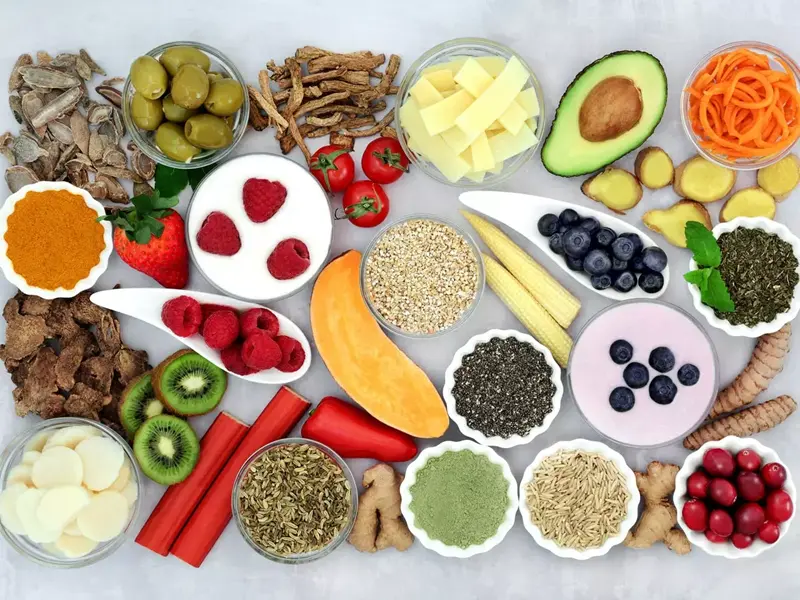
Best Foods for IBS Relief
Including certain foods in your diet can help relieve IBS symptoms and promote digestive health:
- Peppermint Tea: Peppermint has antispasmodic properties that can help relax the muscles of the gastrointestinal tract.
- Ginger: Ginger can help reduce nausea and improve digestion. Add fresh ginger to smoothies, teas, or meals.
- Turmeric: Turmeric has anti-inflammatory properties that may help reduce IBS symptoms. Use it in cooking or as a supplement.
- Fennel: Fennel seeds can help relieve bloating and gas. Add fennel to salads or chew fennel seeds after meals.
IBS Nutrition Therapy
For individuals with severe IBS symptoms, working with a registered dietitian who specializes in IBS can be beneficial. Nutrition therapy involves personalized dietary plans that address specific triggers and nutritional needs. A dietitian can help you identify trigger foods, plan balanced meals, and ensure you are getting the necessary nutrients.
Ordering Healthy Food with IntRest
Managing IBS involves careful dietary choices, and it can be challenging to find meals that meet your specific needs. IntRest makes it easier by offering a variety of healthy food options tailored to your condition. Whether you need meals low in FODMAPs, lactose-free options, or gluten-free dishes, IntRest has you covered. By categorizing restaurant menus according to diseases, allergies, diets, and user interests, IntRest helps you find the best food for your health. Order healthy food from the IntRest website and enjoy meals that support your IBS management and overall well-being.
In conclusion, managing Irritable Bowel Syndrome (IBS) requires a thoughtful approach to diet and lifestyle. By understanding the impact of different foods on your symptoms and making informed choices, you can significantly improve your quality of life. Use the tips and recipes provided to create an IBS-friendly diet and consider working with a dietitian for personalized guidance. And remember, with IntRest, finding healthy, IBS-friendly foods has never been easier.
